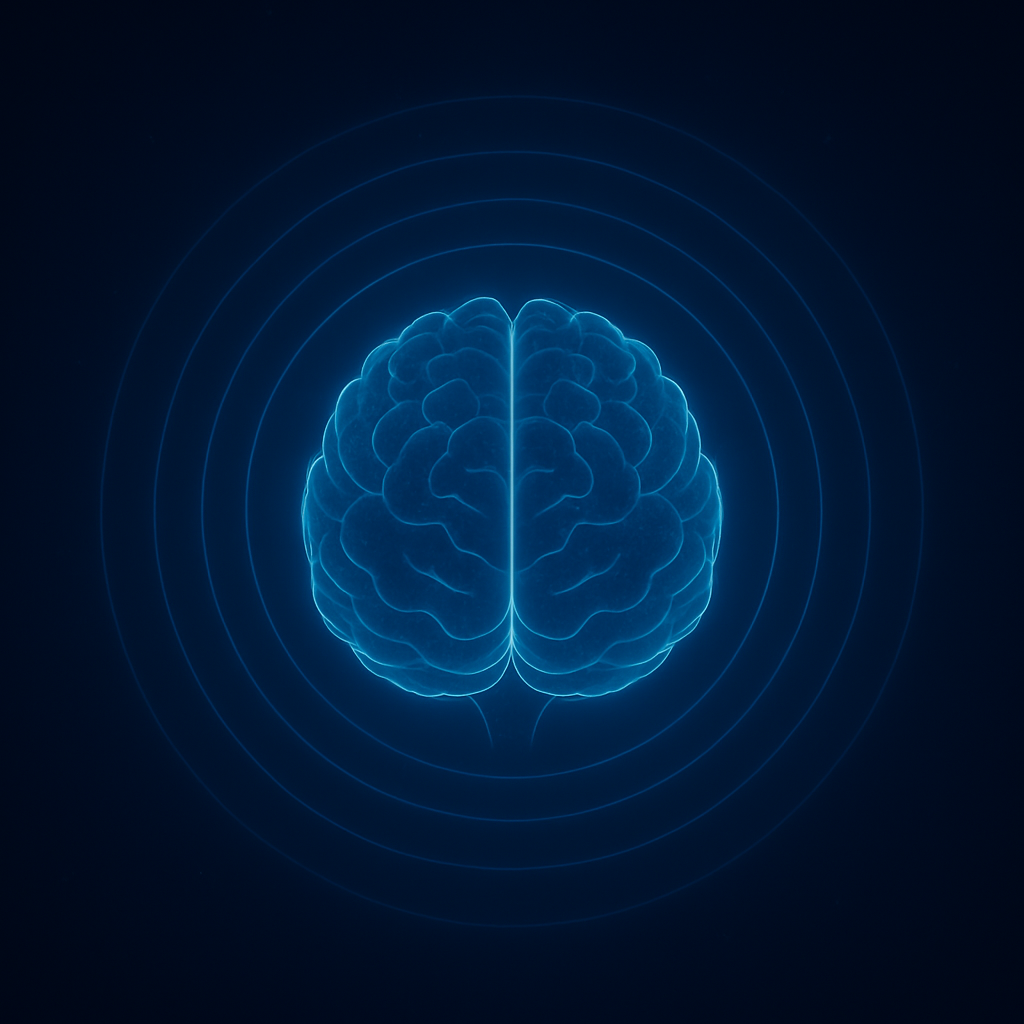The Power of Cranial Electrotherapy Stimulation (CES): Why It Works and Why It Matters

Discover how CES calms the nervous system, eases pain, and supports mental health.
Introduction
Imagine the weight of anxiety or insomnia — the endless nights, the racing thoughts, the drained days. For millions, these are daily battles that challenge quality of life and wellbeing.
Cranial Electrotherapy Stimulation (CES) offers a scientifically grounded, non-invasive approach to restoring emotional balance and improving sleep. Unlike quick fixes or hype-driven promises, CES works by harnessing the brain’s natural electrical activity, gently guiding it back to healthier patterns.
What Is CES and How Does It Work?
CES is a neuromodulation technique that delivers subtle electrical currents through electrodes placed on the scalp. These currents influence brainwave activity and neurotransmitter function, encouraging a shift toward states of calm and restorative sleep.
Specifically, CES:
- Reduces hyperactive beta brainwaves associated with stress and anxiety
- Increases alpha and theta brainwaves linked to relaxation and deep sleep
- Stimulates release of serotonin and dopamine, neurotransmitters essential for mood regulation
- Lowers cortisol levels, the hormone tied to chronic stress and its negative health effects
By rebalancing these systems, CES helps the brain reset, easing symptoms of anxiety, depression, and insomnia.
What Does the Evidence Say?
CES is backed by a robust body of clinical research, including randomized controlled trials and meta-analyses. These studies demonstrate that CES:
- Produces clinically significant reductions in anxiety and depressive symptoms
- Improves sleep quality and duration without the side effects common to medications
- Is safe, well-tolerated, and suitable for long-term use
- Enhances outcomes when used alongside therapy or lifestyle interventions
This growing evidence base is why CES is gaining recognition as a valuable tool in mental wellness
Bringing CES to Life: Practical Applications
CES devices are designed to be accessible and user-friendly, enabling individuals and clinicians to incorporate this therapy into daily life or clinical protocols. For those interested in CES, it’s important to choose devices that adhere to strict quality and safety standards.
Alpha-Stim: A Leading CES Solution
At Beyond the Norm, we support Alpha-Stim devices as among the most clinically validated CES tools available:
- Alpha-Stim AID focuses exclusively on CES for mental health applications like anxiety, depression, and insomnia.
- Alpha-Stim M pairs CES with microcurrent therapy, addressing both mood and pain symptoms for a more integrative approach.
Recognised in UK Clinical Settings
Alpha-Stim® is gaining widespread recognition across the UK, particularly in professional healthcare environments, including use within the NHS. It is referenced by NICE (the National Institute for Health and Care Excellence) as showing promising outcomes in relieving symptoms of anxiety.
Several studies have been conducted in partnership with NHS institutions, further reinforcing Alpha-Stim’s relevance within UK clinical practice.
Backed by Over 100 Clinical Studies
Alpha-Stim® is a globally established technology that has been used for over 40 years as a drug-free solution for mental health and pain relief.
It is supported by more research than any other Cranial Electrotherapy Stimulation (CES) or Microcurrent Electrical Therapy (MET) device.
There are over 100 clinical trials and peer-reviewed studies demonstrating its effectiveness in treating:
- Anxiety
- Insomnia
- Depression (outside the US)
- Pain (including tension headaches, arthritis, and injury-related discomfort)
Both are FDA-cleared, CE Marked and supported by extensive research, designed to empower users with safe, effective neuromodulation.
Why CES Deserves Consideration
As an evidence-based, non-invasive treatment, CES offers a compelling alternative or complement to pharmaceuticals. It’s a pathway toward holistic mental wellness — helping people regain control, improve quality of life, and reduce reliance on medication.
Making Informed Choices
When exploring CES options, consider:
- The strength and transparency of clinical evidence
- Device safety, regulatory approvals, and user support
- How the therapy fits your personal health goals and lifestyle


